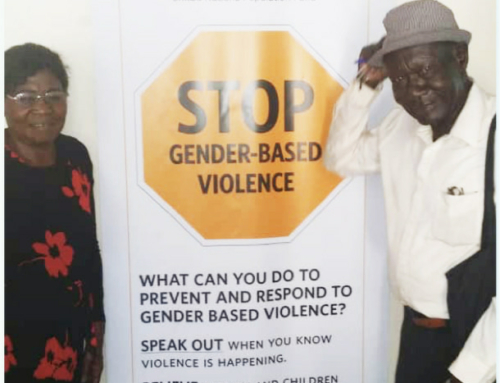Background: Sexual Gender-Based Violence (SGBV) is one of the gravest human right violations and still being widely practiced in South Sudan by different communities, cultures, public and private institutions, various rebel movements and sometimes government-allied militias. Getting information to determine the magnitude of SGBV is lacking. Underreporting of the actual cases may promote laxity among institutions fighting to eradicate GBV and consequently jeopardize realization of SDG agenda 5. Having noticed the reporting gap, the project team focused on understanding some of the innovative ways for improving reporting SGBV cases in the communities, while at the same time safeguarding the dignity of the survivors.
About the project: The team conducted a study in Hai Kuwait, Munuki payam, Juba County, Central Equatorial state, South Sudan to find out how community participation could be improved to report GBV cases to service providers in South Sudan. Using questionnaires, the study engaged 60 people including community, key decision-makers and service providers. Based on the study, the team began to implement civic education to promote self-awareness and eliminate fear among school students.
Results: From the study, the respondents recommended the increase the need for strong civic education to be introduced and supported right from the nursery school up to the tertiary level to build strong value system. Implementation of this education was started at one secondary school selected by the team. The team also advocated for empowerment of judiciary and legislature with resources and to remain completely independent from the executive. To achieve this, 8 judiciary members were engaged in dialogue around this issue.
Poster overview
Click on the poster for full size
Project Details
Program
SRHR area
Country
Want to get in touch with the project team?
Request contact details for the project team here. A staff member from the Global Academy in SRHR will reply to your request.












